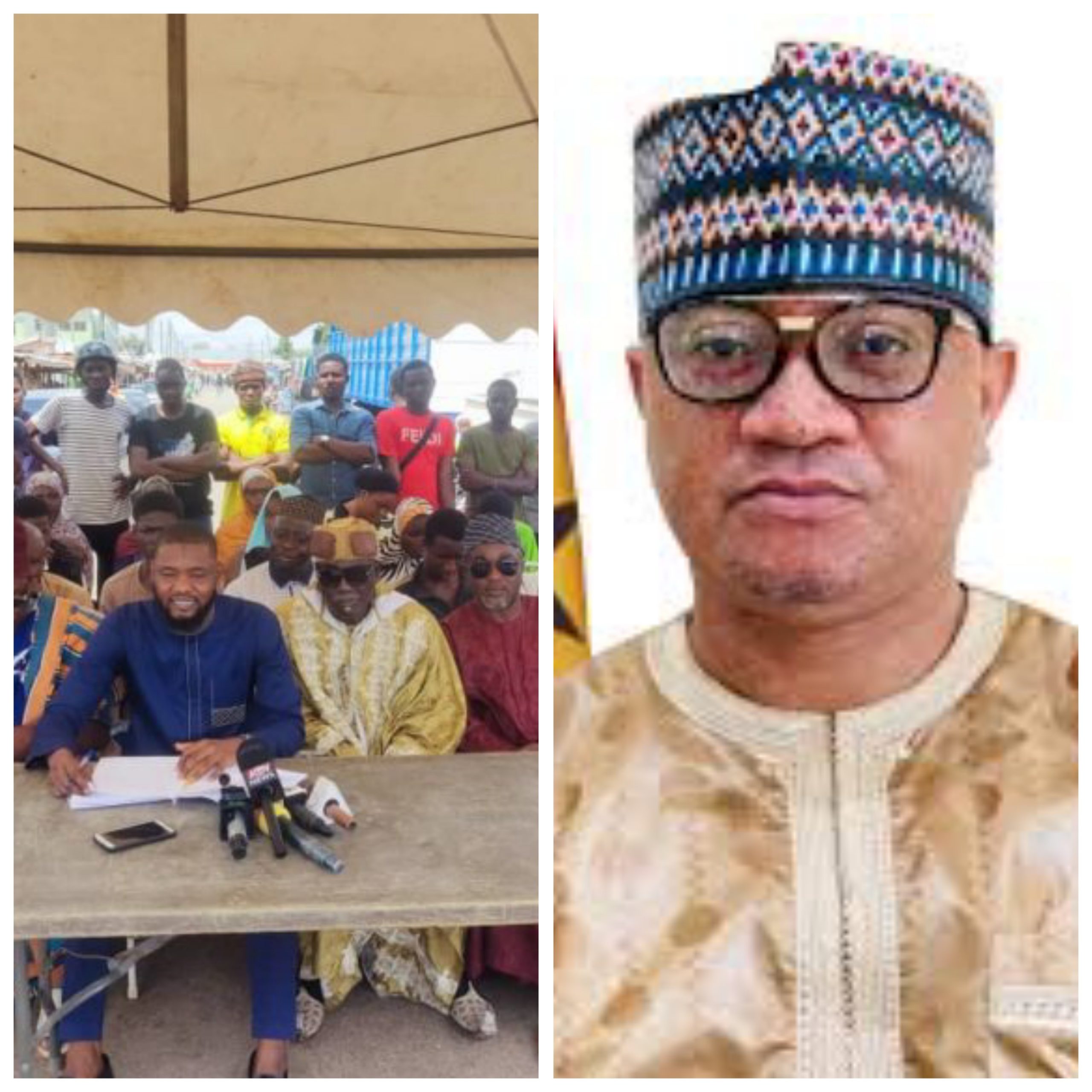Amansie South District Small Scale Mining Task Force Burns Chanfang, Pumping Machines in Crackdown on Illegal Mining
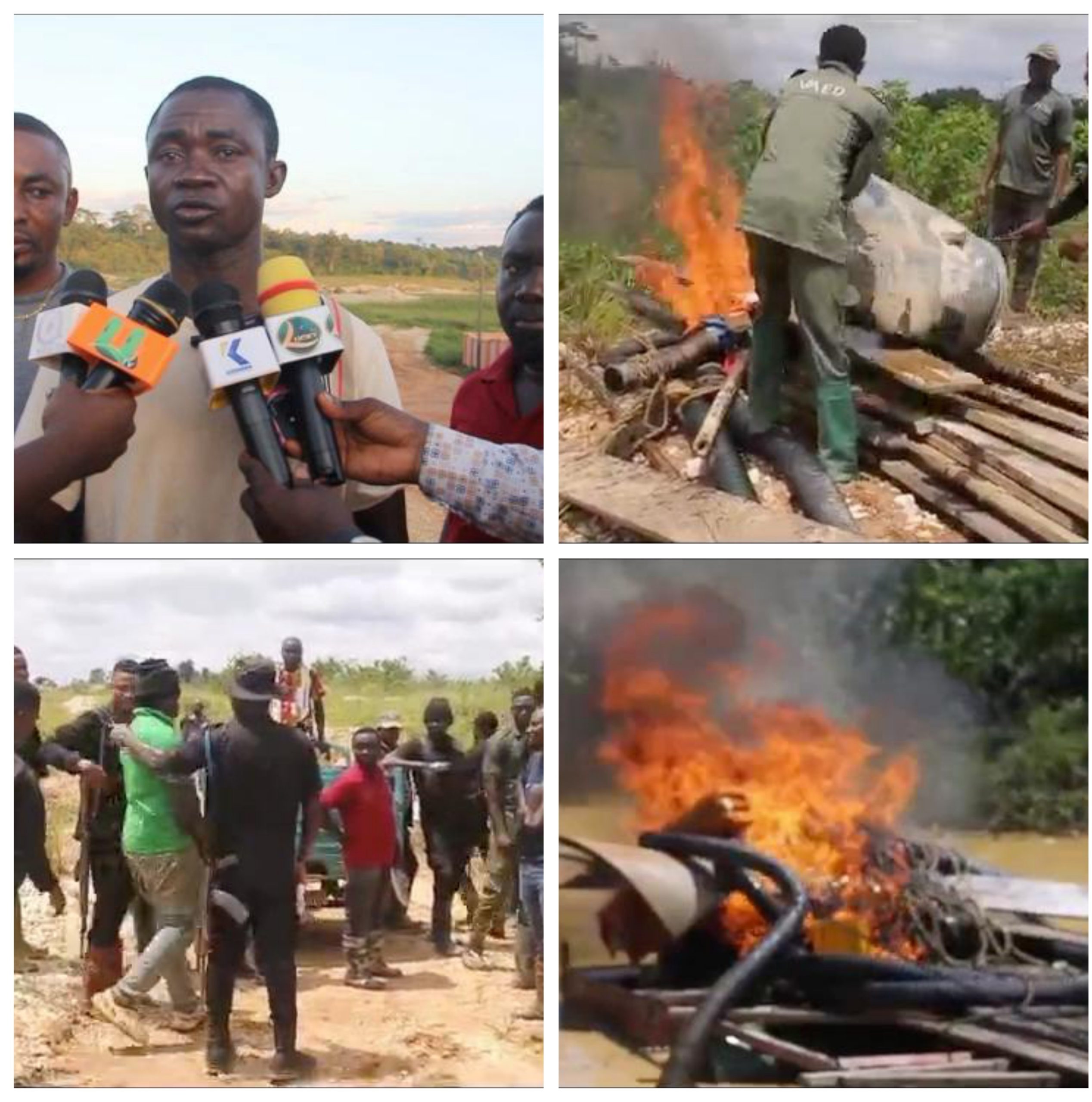
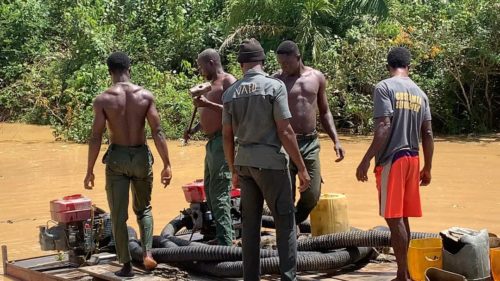
The Amansie South District Small Scale Mining Task Force has intensified its crackdown on illegal mining activities by burning chanfang machines and pumping equipment used by illegal miners along river bodies. This decisive action is part of ongoing efforts by the government to curb illegal mining (galamsey) and preserve the country’s vital water resources from further pollution and destruction.
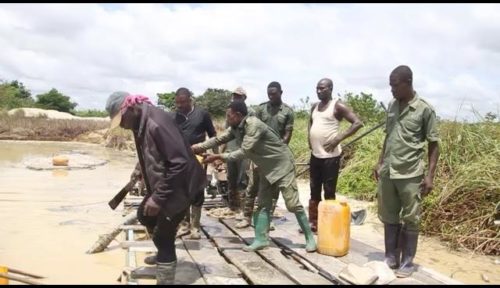
The operation, which was carried out by a joint task force, involved officials from the Amansie South District Assembly, the National Disaster Management Organization (NADMO), the Ghana Police Service, the Immigration Service, the National Investigation Bureau (NIB), and members of the media. The task force raided several illegal mining sites in the district, targeting operations along rivers that have been significantly affected by galamsey activities.
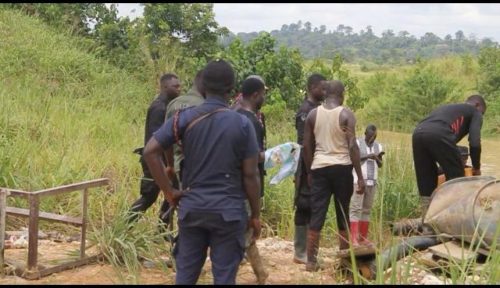
During the exercise, the task force destroyed several chanfang machines, which are often used to dredge rivers for gold, as well as water-pumping equipment used by illegal miners. These machines are notorious for damaging riverbeds and causing severe water pollution, which poses health risks to local communities and disrupts livelihoods, especially for those who rely on clean water sources.
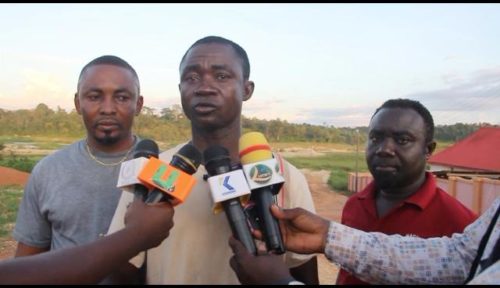
In an interview with the media following the operation, Mr. Kwaku Abonee, also known as Osama, who is the Chairman of the Amansie South District branch of the Ghana National Association of Small Scale Miners (GNASSM), commended the initiative. However, he emphasized the need for the government to empower licensed small-scale miners to play a more active role in combating galamsey, especially on river bodies.
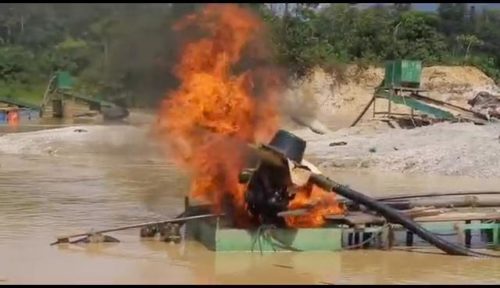
According to Mr. Abonee, licensed small-scale miners, who operate legally, have a deeper understanding of the terrain and are more familiar with the local environment than government-assigned military personnel. He argued that this makes them better equipped to lead the fight against illegal mining. “Instead of instructing soldiers to lead the fight against galamsey, the government should give small-scale miners the mandate and authority to combat these illegal miners on river bodies,” he stated.
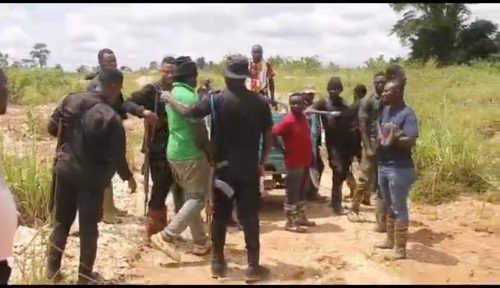
Mr. Abonee further explained that licensed small-scale miners have a vested interest in protecting the environment since their livelihoods depend on sustainable mining practices. He noted that illegal mining operations not only degrade the land but also contaminate rivers with mercury and other harmful chemicals, making it difficult for legal miners to operate safely and profitably.
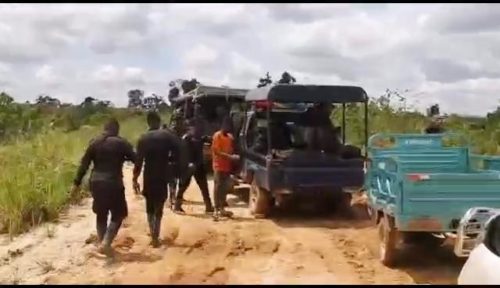
In addition, Mr. Abonee called on traditional authorities in the Amansie South District to take a stronger stance against the influx of foreign nationals who engage in illegal mining. He urged chiefs to be vigilant and avoid entertaining foreign miners in their communities, stressing that many of these foreign operators carry out unregulated activities that harm the environment.
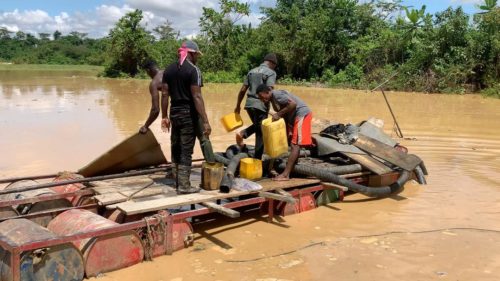
“The chiefs have a critical role to play in this fight. They must not allow foreigners to come into their communities and operate illegally on our rivers,” Mr. Abonee emphasized. He called for closer collaboration between local authorities and traditional leaders to ensure that illegal mining operations are eradicated from the district.
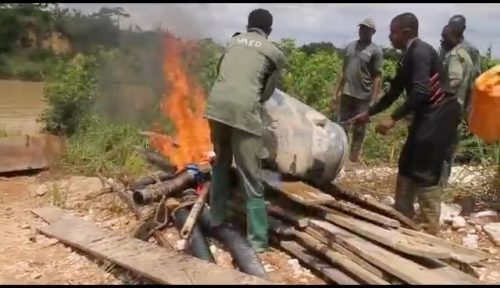
The Amansie South District, like many other areas in Ghana, has faced severe environmental challenges due to illegal mining. River bodies in the district, which are crucial for both drinking water and agricultural activities, have been heavily polluted by mercury and silt, leading to health risks for residents and damage to farmlands.
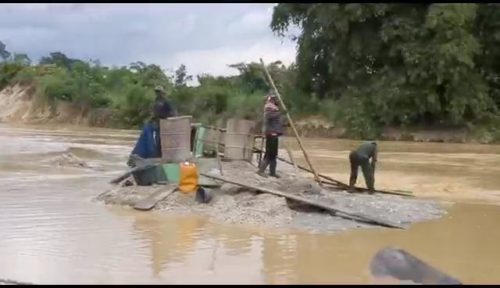
The government’s renewed approach to tackling galamsey involves a multi-agency effort, with the goal of not only stopping illegal mining but also restoring degraded environments. The destruction of equipment used in illegal mining is part of a larger strategy to make it difficult for galamsey operators to resume their activities.
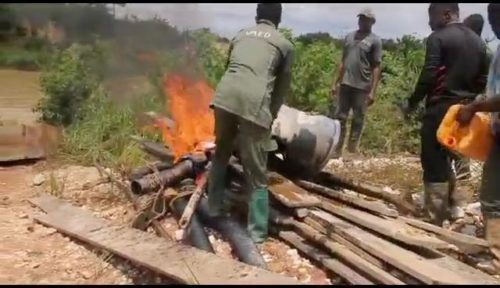
As the fight against illegal mining continues, stakeholders in the district are calling for stronger collaboration between the government, local authorities, licensed miners, and community members to ensure that the gains made are sustained. With continued efforts, there is hope that the district’s rivers and land can be rehabilitated, and the destructive impacts of illegal mining minimized.
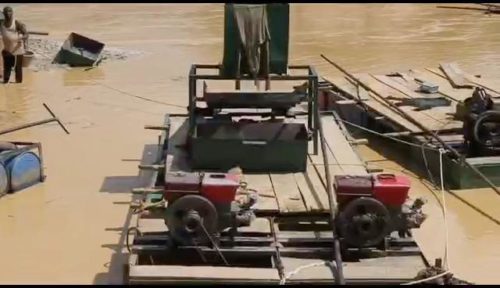
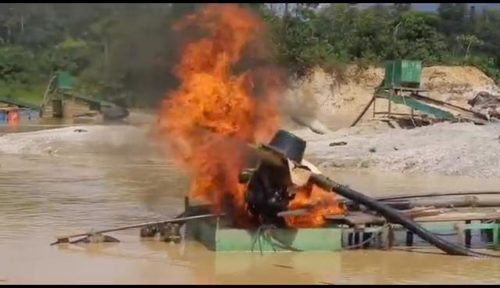
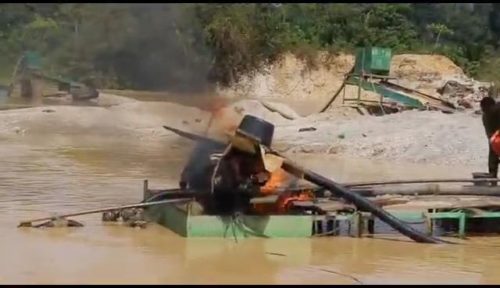
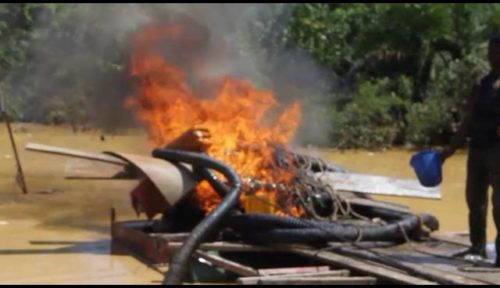
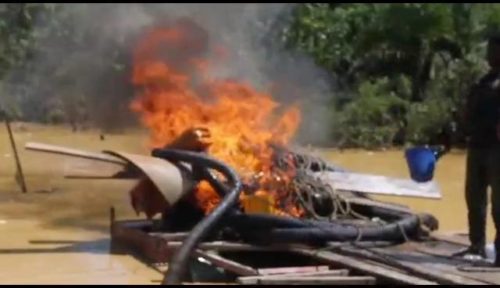
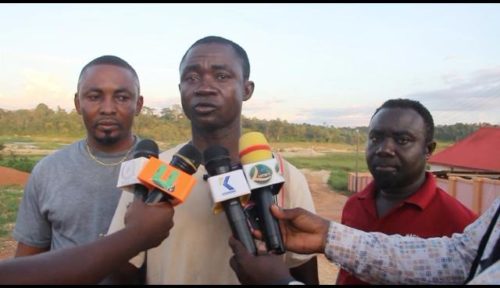
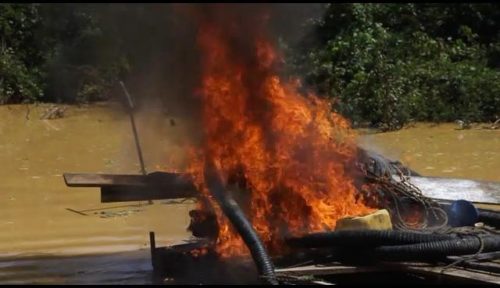
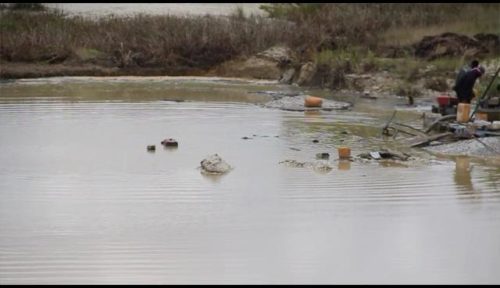
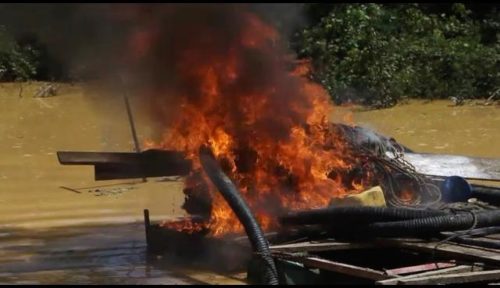
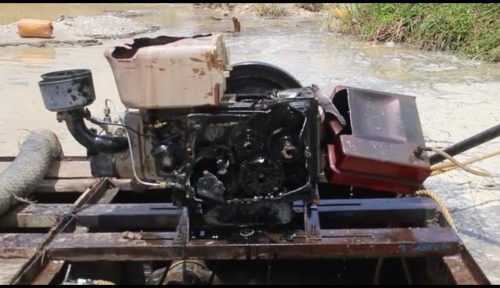
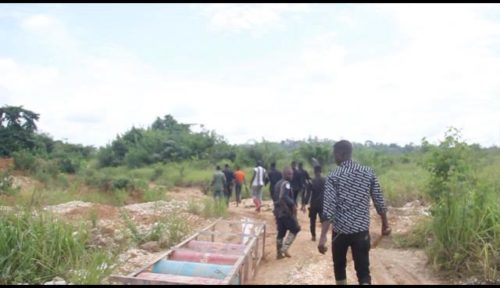
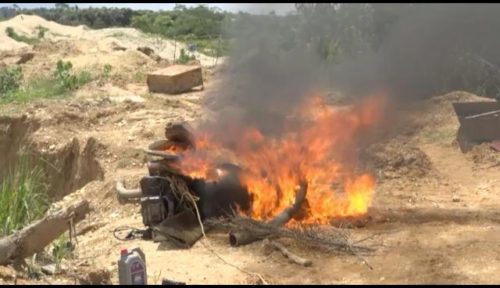
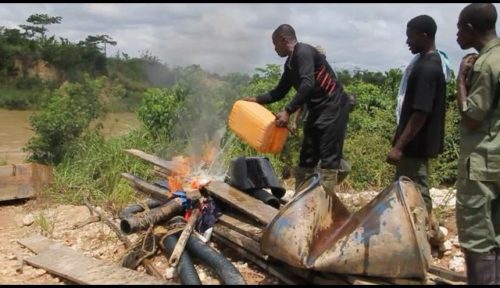
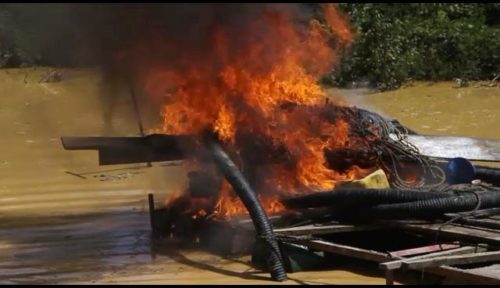
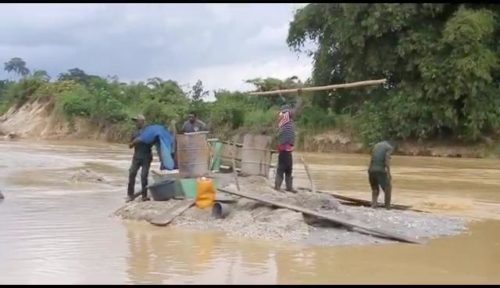
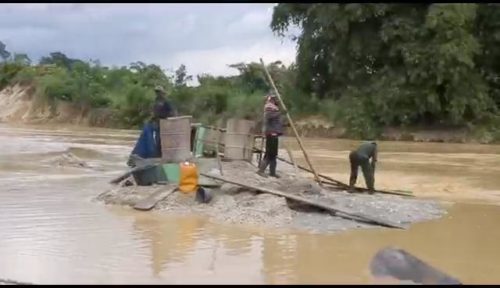
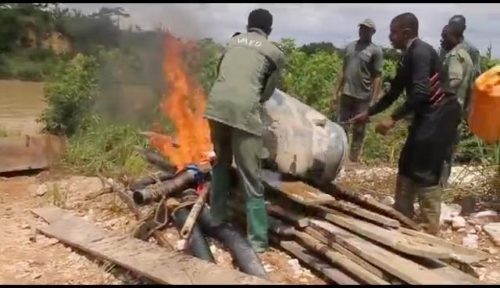
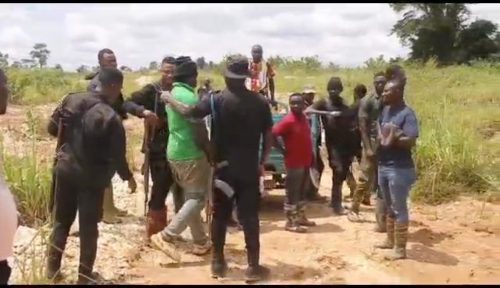
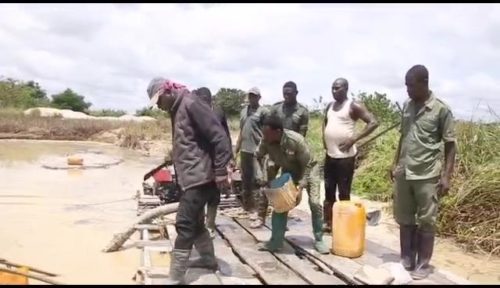
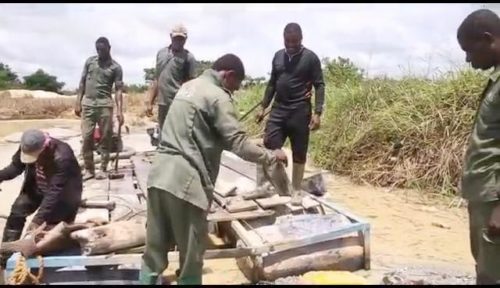
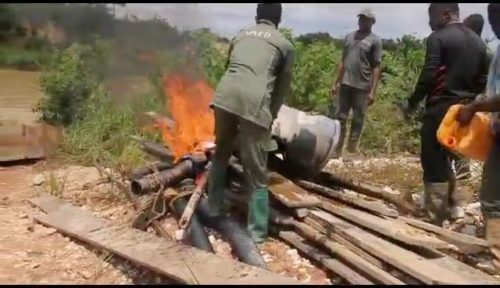
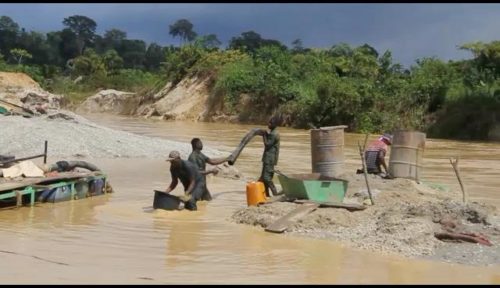
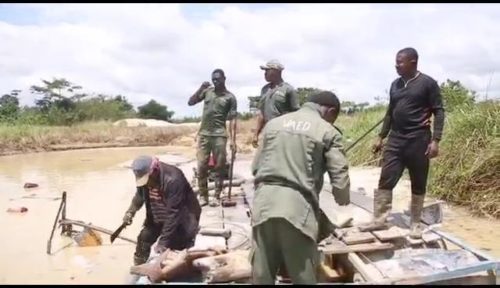
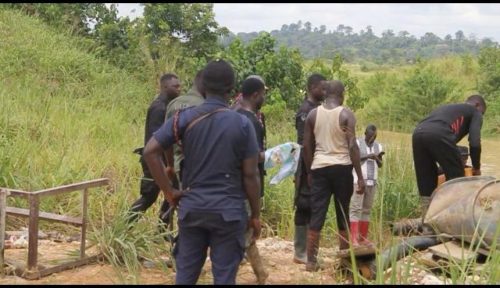
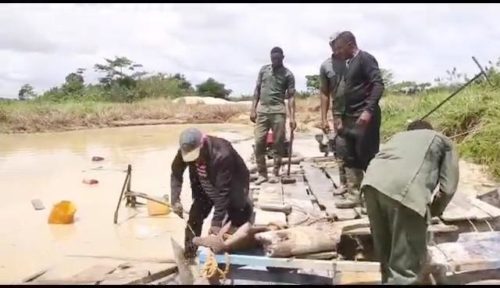
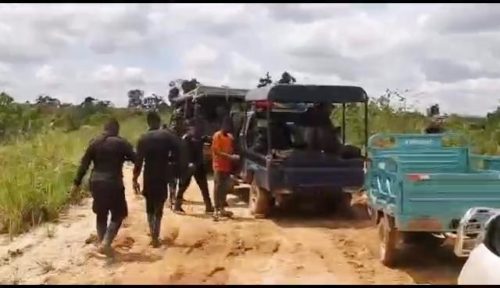
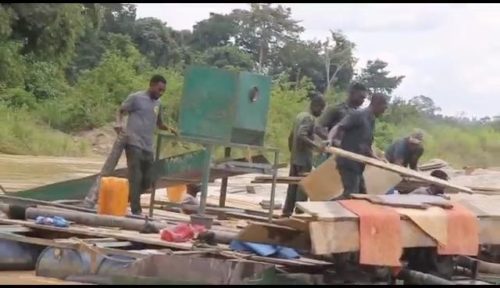
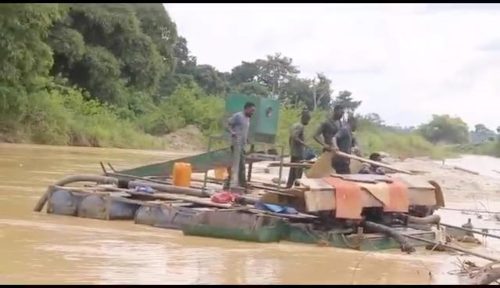
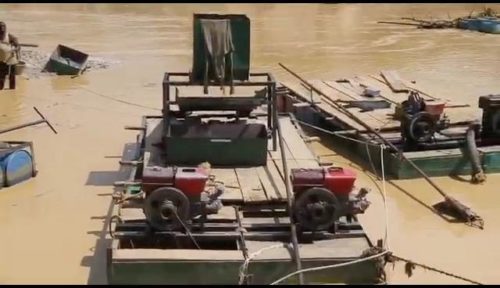
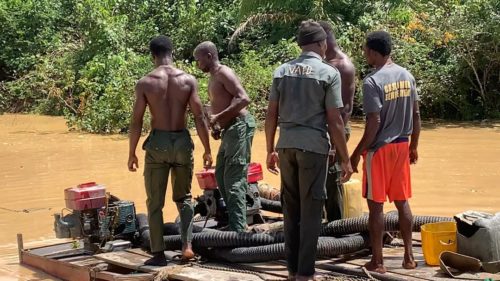
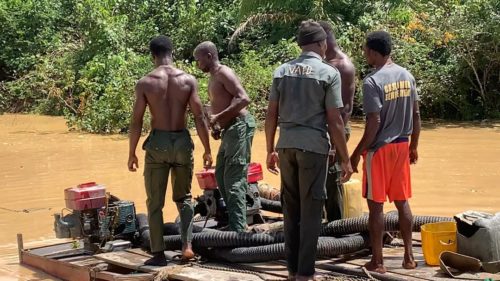
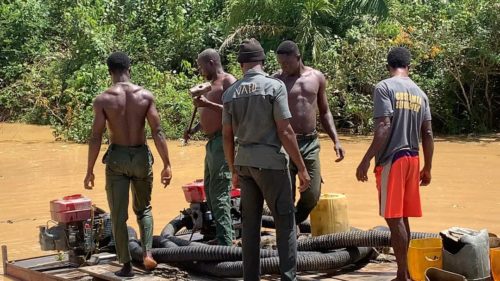
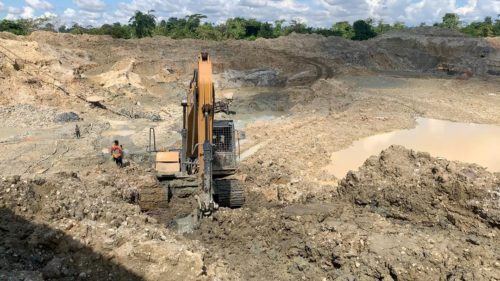
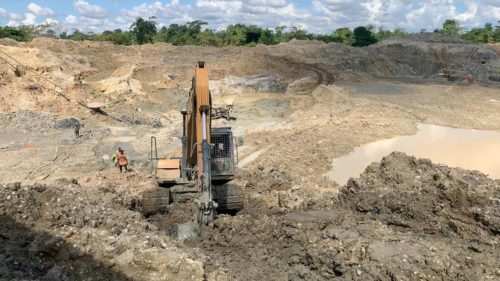
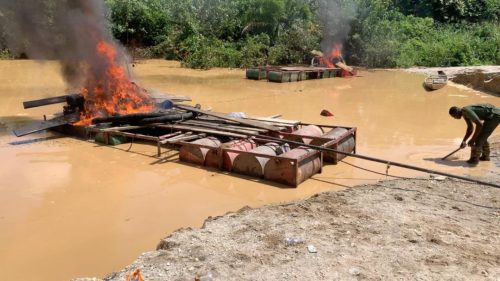
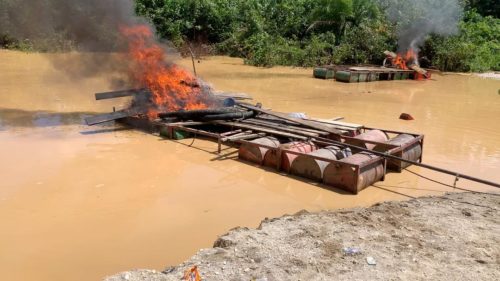
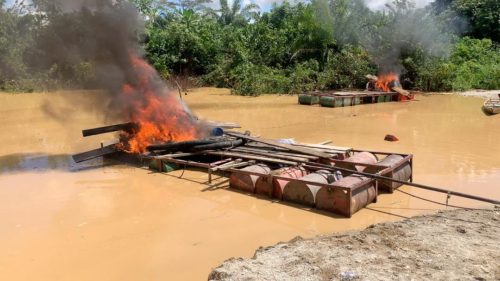
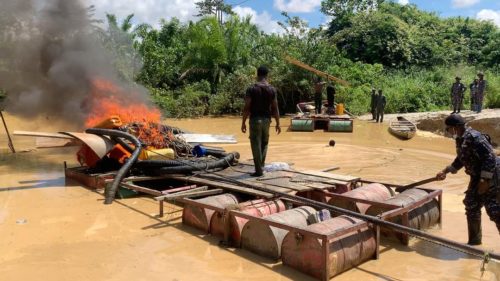
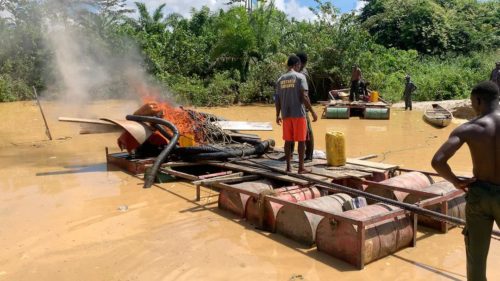
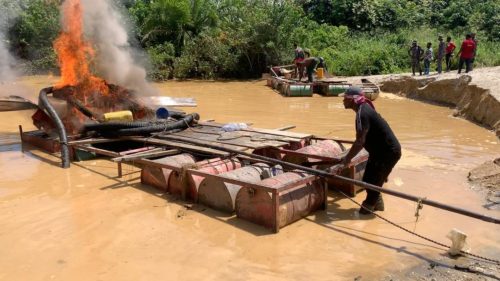
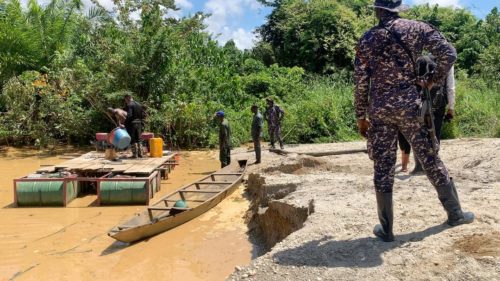
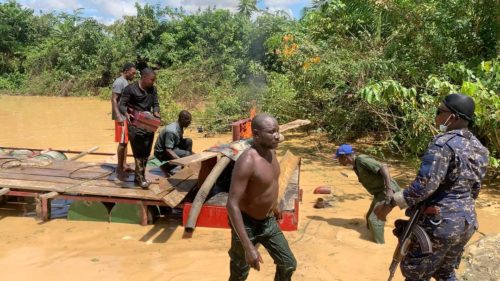
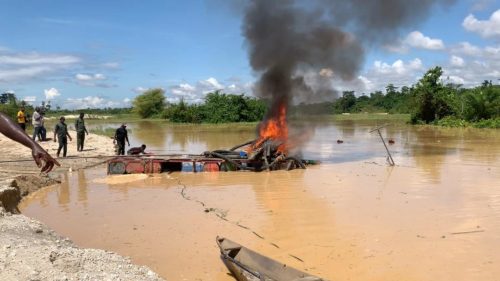
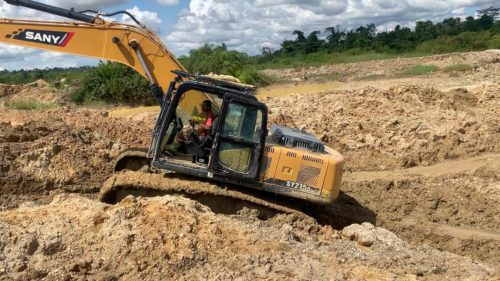
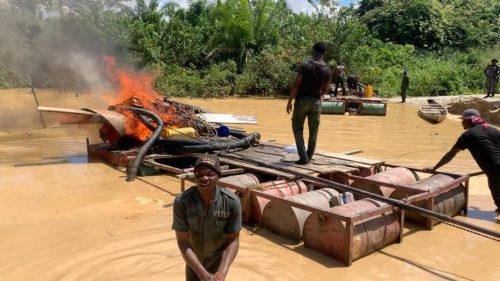
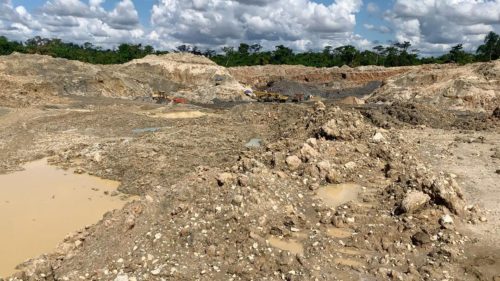
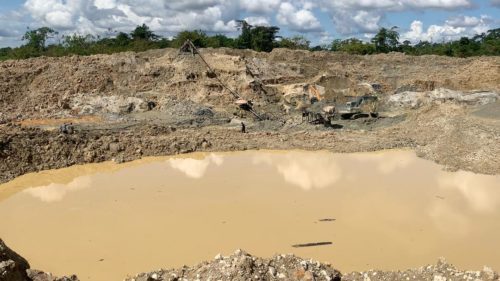
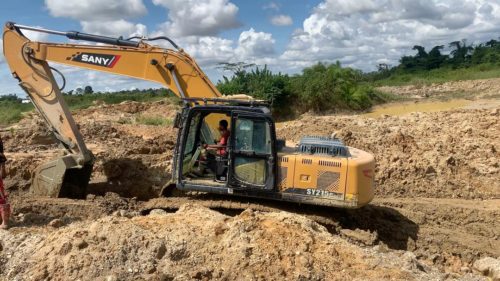
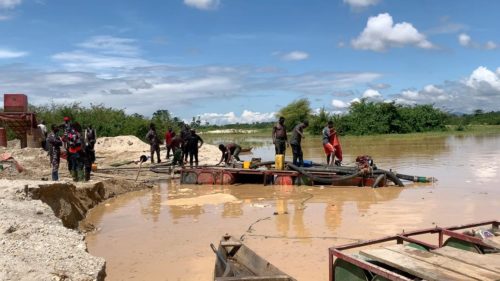
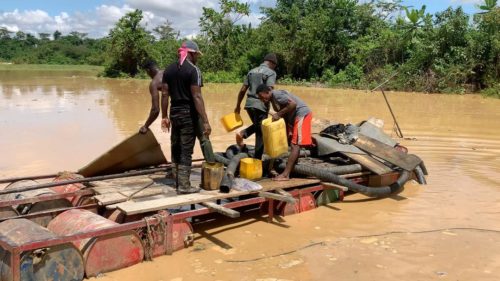
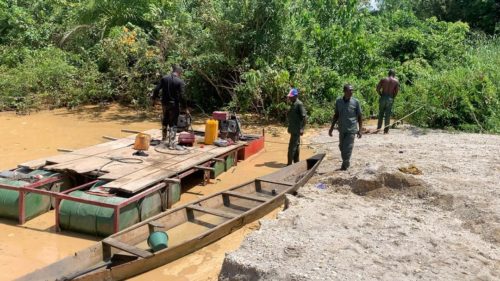
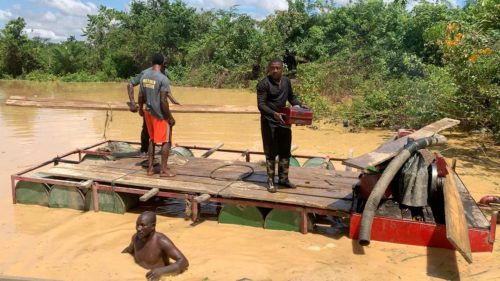
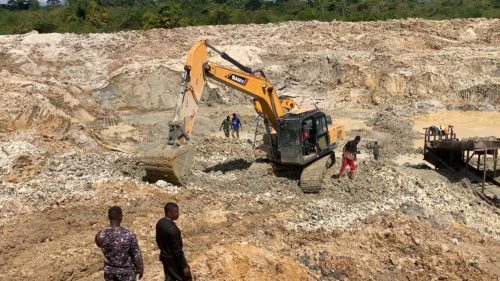
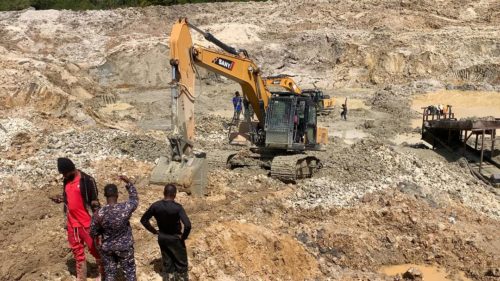
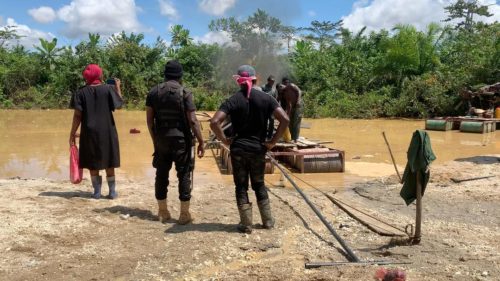
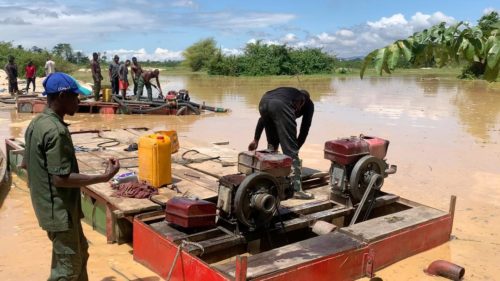
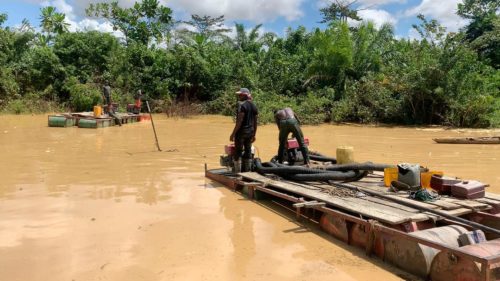
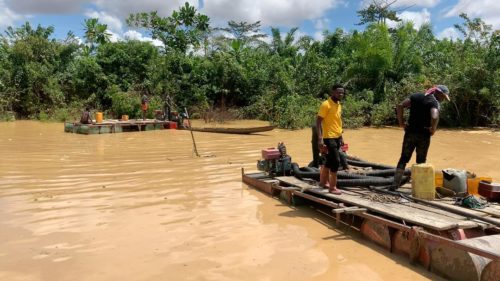
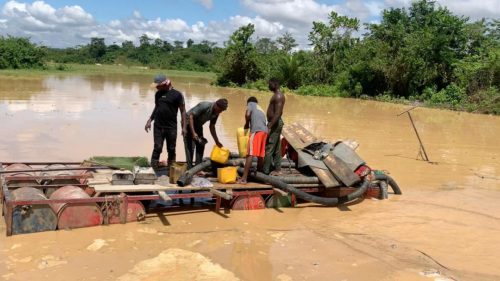
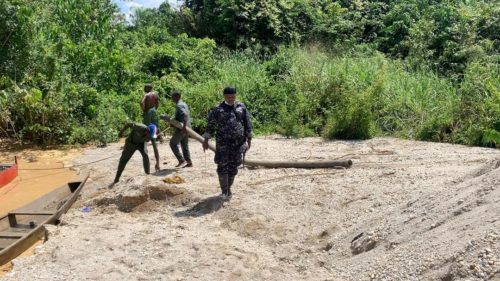
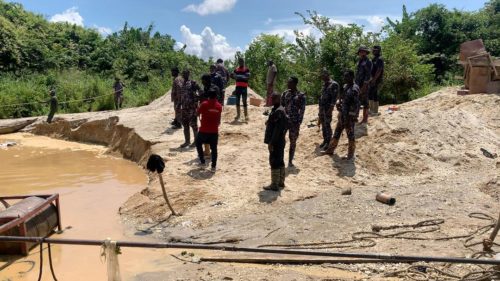
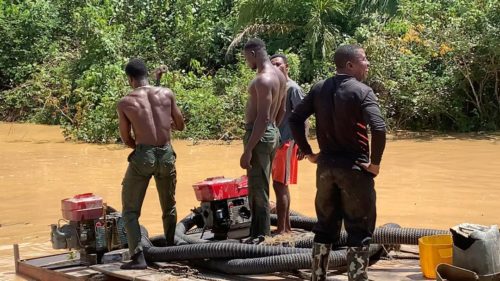
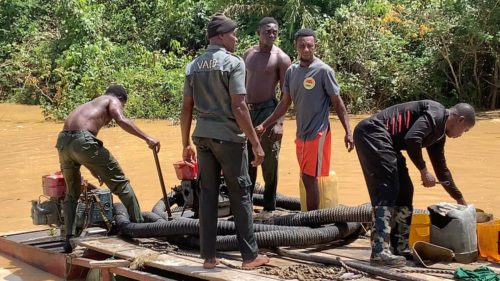
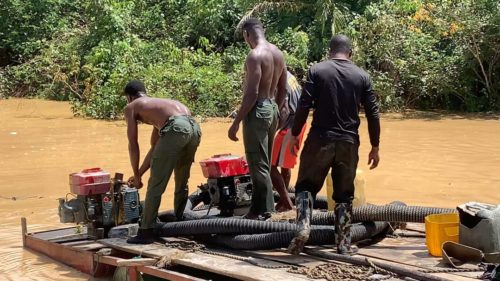
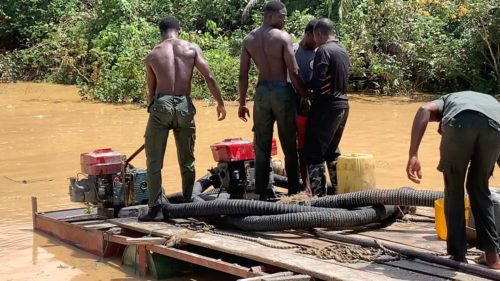
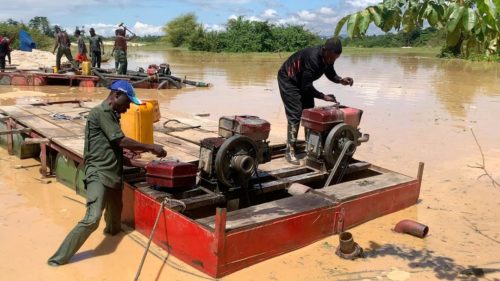
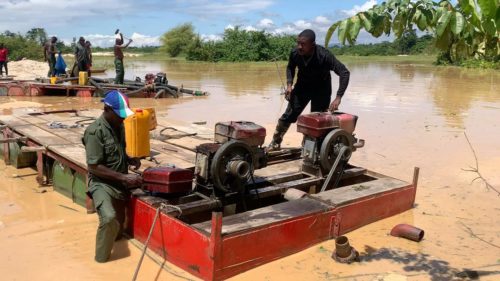
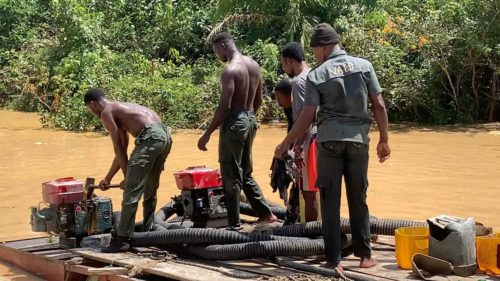
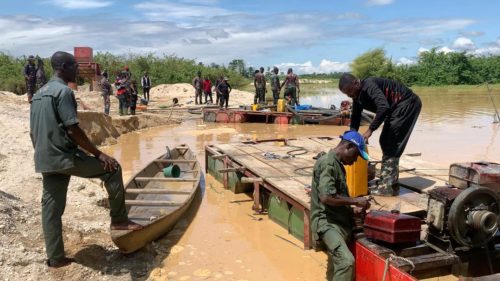
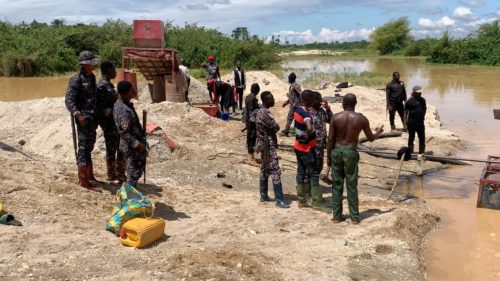
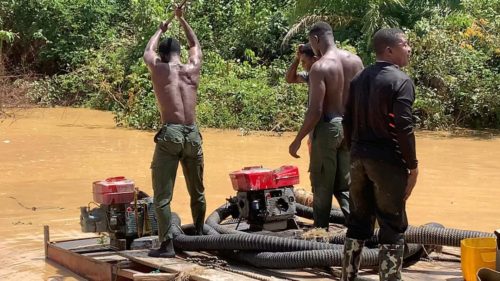
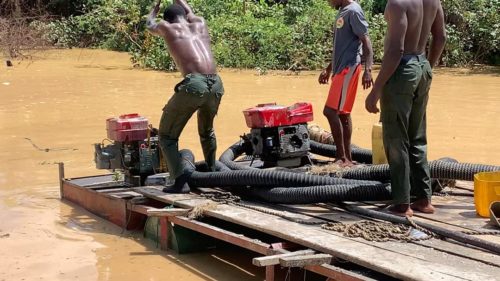
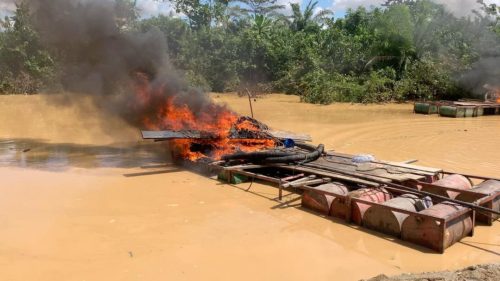
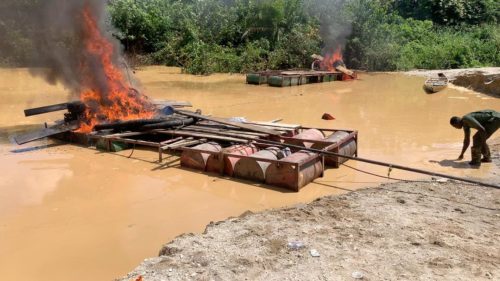
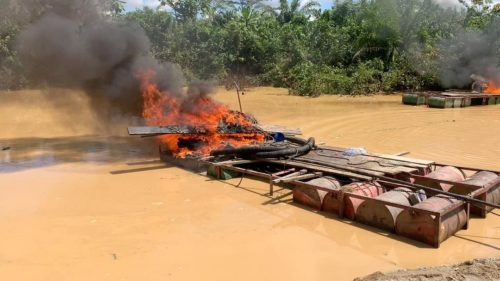
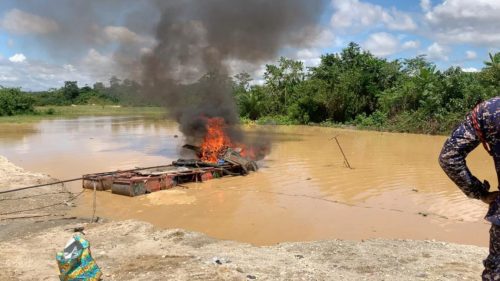
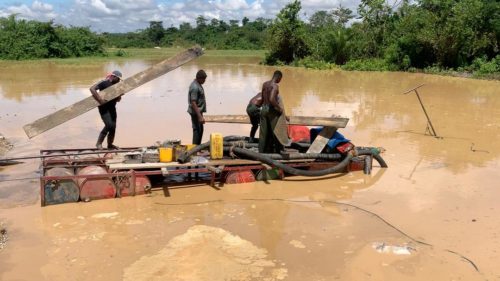
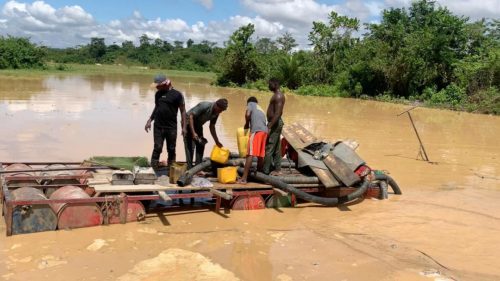
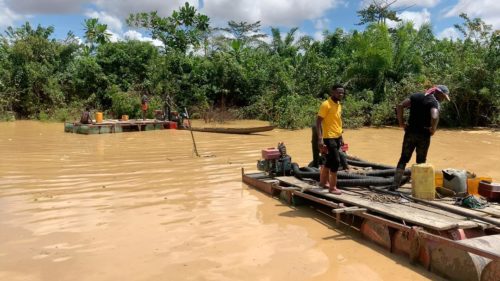
By Simon Opoku Afriyie




